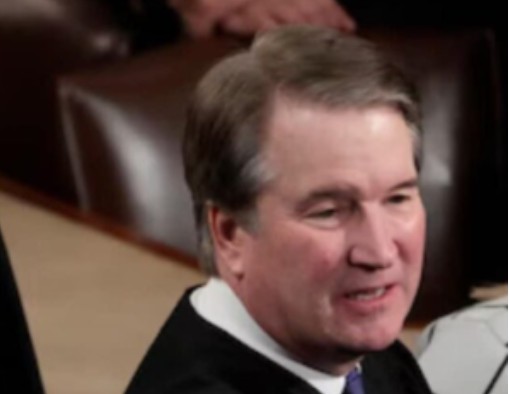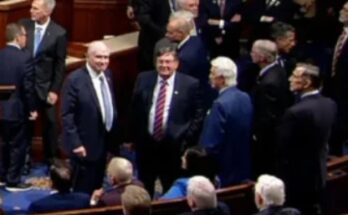The U.S. Supreme Court has granted an emergency request from the Department of Justice, lifting a lower court order that had temporarily blocked enforcement of the Corporate Transparency Act (CTA). The CTA, passed in early 2021 as part of the annual National Defense Authorization Act, is designed to combat money laundering, terrorism financing, and other forms of financial crime by requiring many small and closely held business entities to disclose details about their true owners. Under the law, businesses must submit sensitive personal information—such as names, dates of birth, and residential addresses of beneficial owners—to the Financial Crimes Enforcement Network (FinCEN), an agency within the Treasury Department tasked with safeguarding the financial system from illicit use.
The Supreme Court’s order clears the way for officials to begin enforcing these ownership disclosure requirements, even as the broader constitutional challenges to the statute continue to play out in lower courts. The case will now return to the 5th U.S. Circuit Court of Appeals, where the Justice Department will argue that Congress acted well within its constitutional authority under the Commerce Clause when it enacted the CTA. By contrast, critics of the law—including certain business groups and regulatory reform advocates—maintain that the measure is overly intrusive, burdensome for small businesses, and exceeds the federal government’s legitimate regulatory reach.
The emergency stay was granted over the objection of Justice Ketanji Brown Jackson, who filed a lone dissent. In her opinion, Justice Jackson underscored that the government had not met the high bar required for extraordinary relief. She pointed out that enforcement of the CTA had already been delayed for nearly four years since its passage, and she questioned whether the government’s claim of urgency was justified. In her view, allowing the lower court injunction to remain in place while litigation proceeds would not have resulted in substantial or irreparable harm to the federal government.
The Justice Department, however, has taken the opposite position. It argues that delaying the CTA any further would weaken ongoing efforts to crack down on financial crimes, undermine national security, and create inconsistencies in the United States’ commitments to international partners engaged in anti-money laundering initiatives. In its filing, former Solicitor General Elizabeth Prelogar, representing the government, stressed that postponement would disrupt active enforcement efforts and diminish the credibility of U.S. commitments in the global fight against illicit financial activity.
In addition to the core dispute over the CTA, the case touched on a broader legal question regarding the power of federal judges to issue nationwide injunctions against laws and regulations. Some justices have signaled interest in reconsidering the scope of this judicial authority. In a separate statement, Justice Neil Gorsuch observed that such injunctions have become increasingly common and suggested that the Court should revisit the issue in an appropriate future case. For now, however, the Court declined to expand the scope of its review, leaving the central battle over the Corporate Transparency Act to proceed in the lower courts.
The decision marks an important development in the federal government’s attempt to implement one of the most significant corporate disclosure laws in recent history. While business advocates continue to press their objections, the Supreme Court’s action ensures that, at least for the time being, the CTA’s reporting requirements will begin to take effect, signaling a new era of transparency in corporate ownership and financial regulation in the United States.



